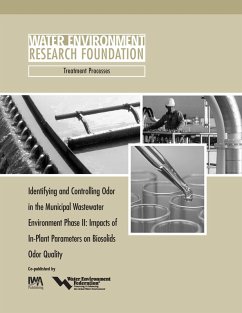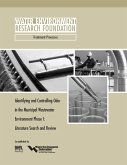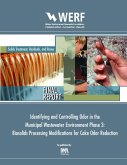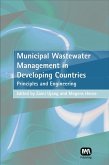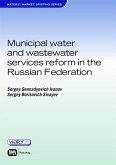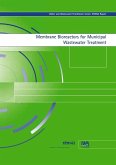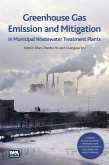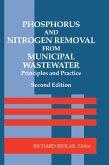This project was undertaken in response to needs by the wastewater treatment industry to better understand the generation of odors from biosolids produced by wastewater treatment plants (WWTPs). Its primary objective is to begin to establish relationships between WWTP process parameters and biosolids odors, so that more effective techniques for minimizing biosolids odors can be developed. The project consisted of a detailed field study involving extensive sampling and analyses at 11 WWTPs across North America with capacities from 13 to 350 million gallons per day (mgd). Biosolids samples were collected from the WWTPs at a number of sampling points, which were chosen to represent a complete snapshot of biosolids generation and handling at each WWTP. The sampling points started with influent wastewater, proceeded through primary and secondary clarification, and continued through digestion, dewatering, and onsite storage of dewatered biosolids cake. Laboratory-scale anaerobic storage tests were conducted to simulate odor development of biosolids in storage, prior to their beneficial reuse or disposal. A battery of analyses were performed on the biosolids samples by the participating utility laboratories, commercial laboratories, and specialized university laboratories. The analytical data were evaluated and compared with process and operation parameters at each participating WWTP.
Dieser Download kann aus rechtlichen Gründen nur mit Rechnungsadresse in A, B, BG, CY, CZ, D, DK, EW, E, FIN, F, GR, HR, H, IRL, I, LT, L, LR, M, NL, PL, P, R, S, SLO, SK ausgeliefert werden.

